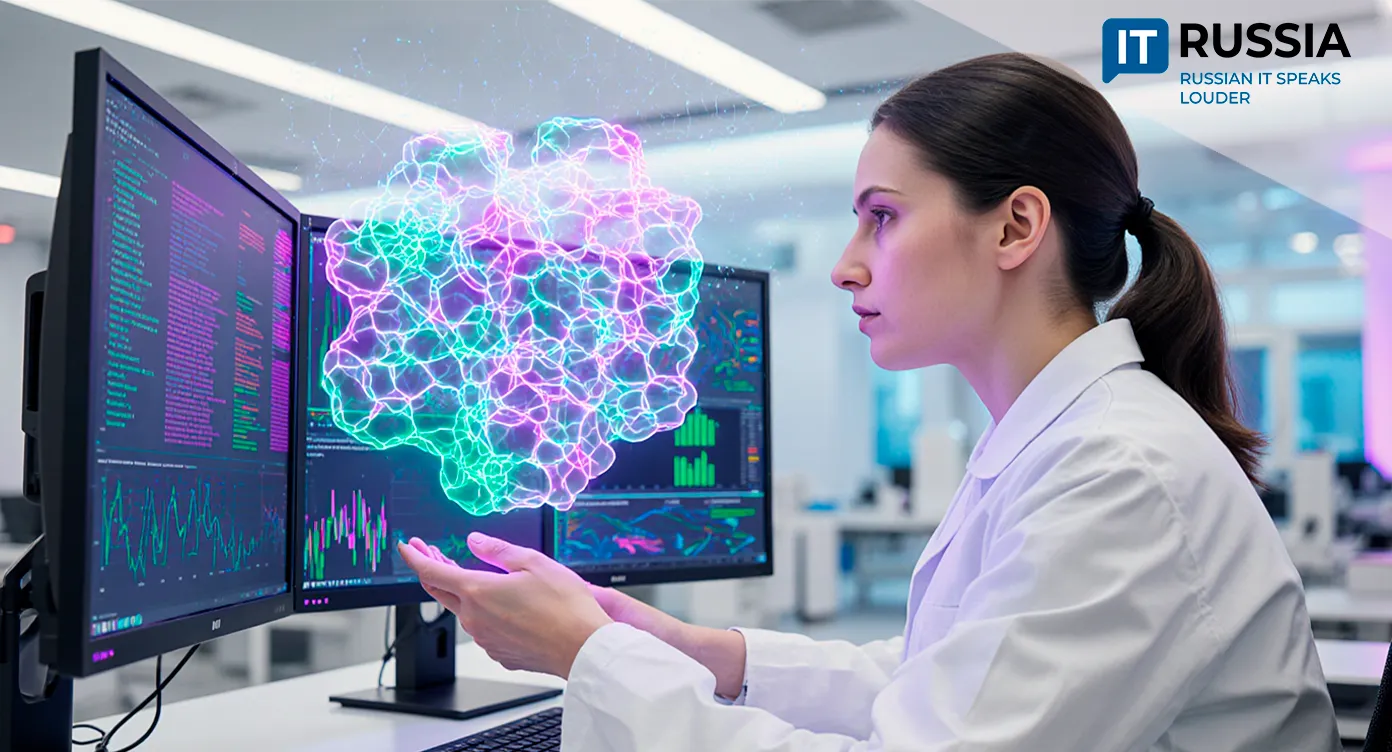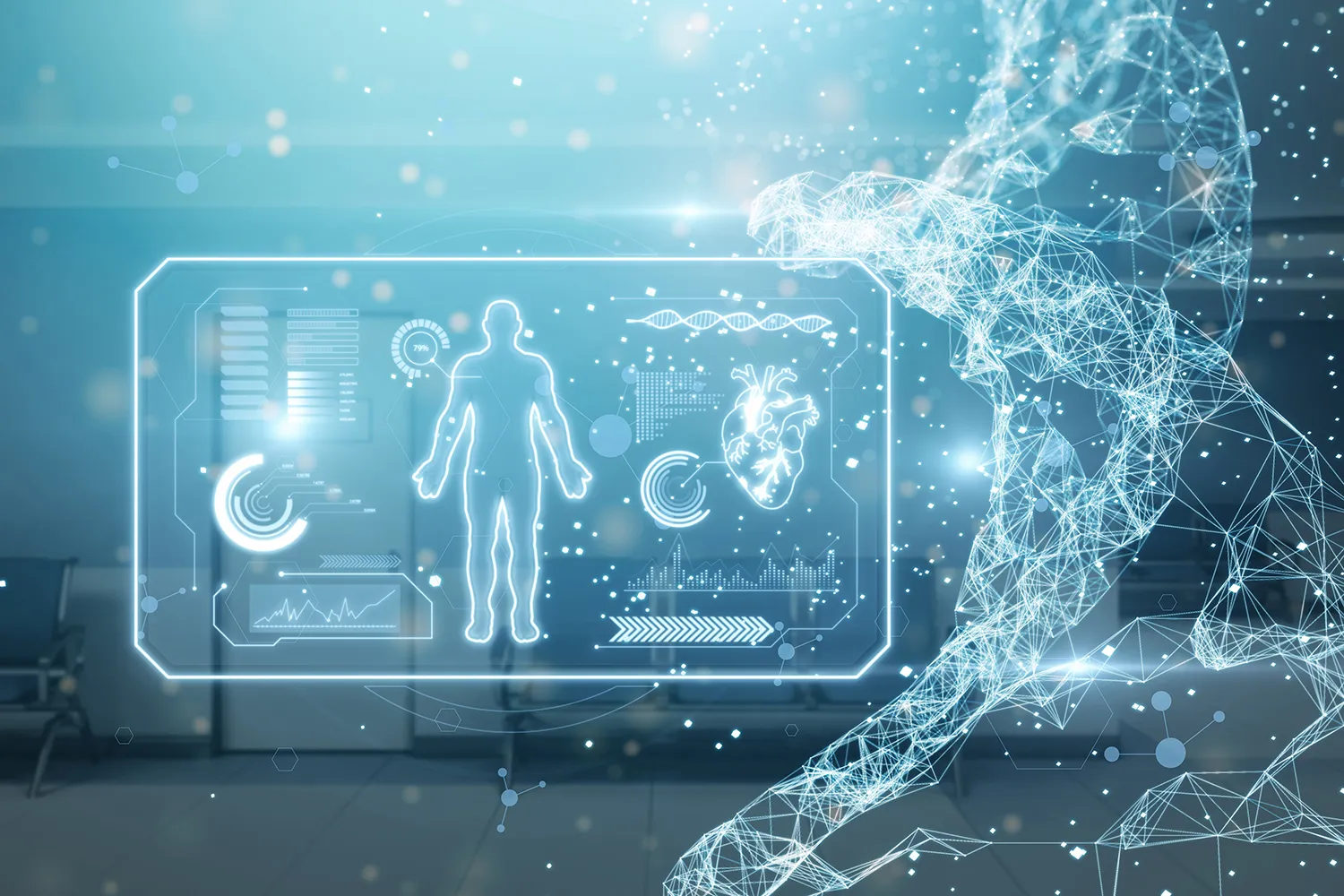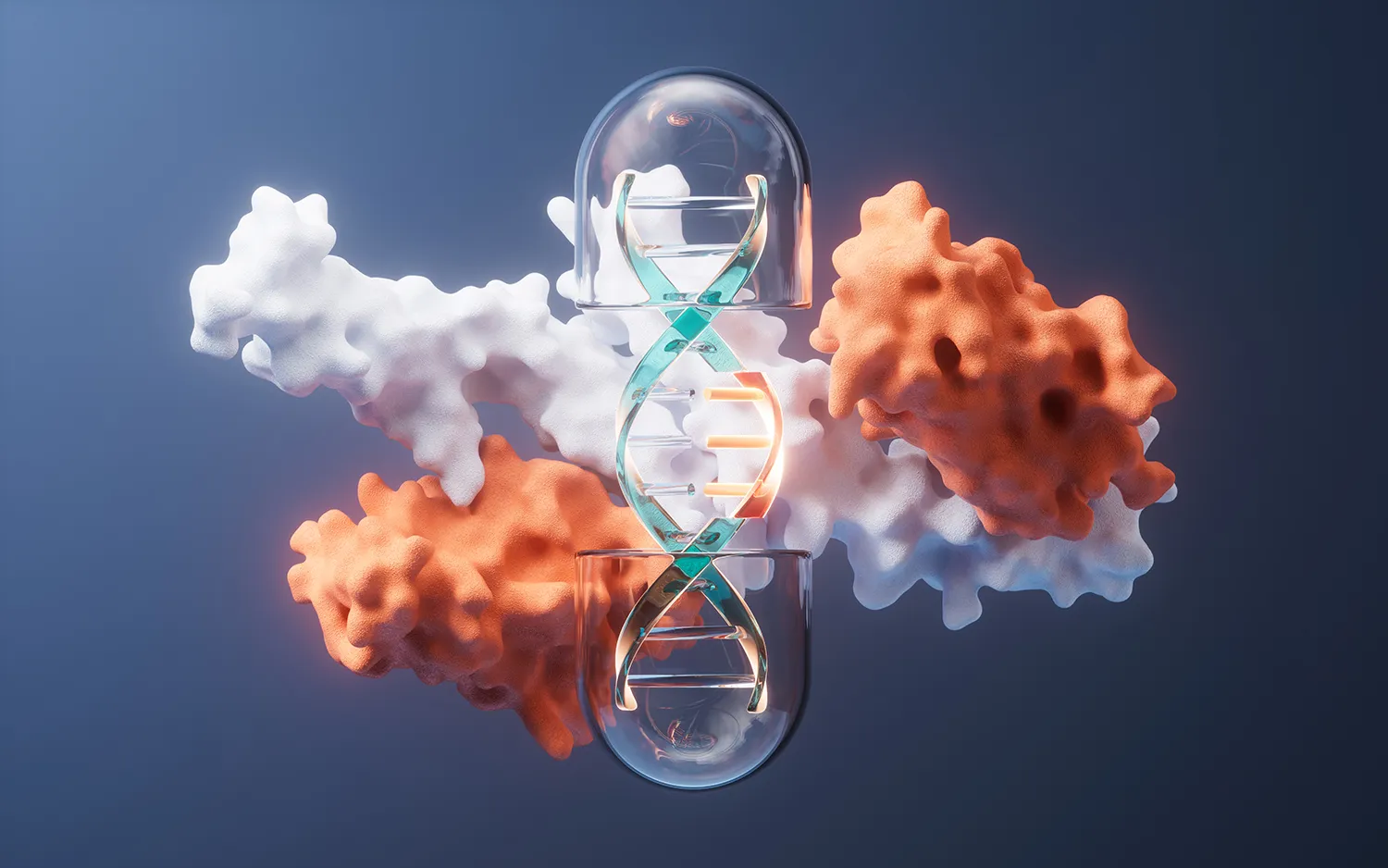Russia Advances AI in Bioinformatics: Upgraded Neural Network Opens New Horizons

On August 23, 2025, researchers from Russia’s Artificial Intelligence Research Institute (AIRI) unveiled an enhanced version of AlphaFold2, optimized for accurately predicting the impact of protein mutations. This marks a major step for Russian science and global bioinformatics, reinforcing Russia’s position among the leaders of worldwide IT progress.
A Breakthrough for Russia’s AI School
Scientists at AIRI have upgraded AlphaFold2 to predict the effects of mutations on individual proteins and protein complexes. Originally developed by UK-based DeepMind, AlphaFold revolutionized biology by predicting protein 3D structures with unprecedented accuracy. For this, its creators received the 2024 Nobel Prize in Chemistry. Yet later versions struggled to forecast the consequences of mutations in proteins.
Russian specialists eliminated this shortcoming. The original AlphaFold2 suffered from low accuracy in assessing protein stability due to repetitive reuse of structural data. In the upgraded model, researchers limited data reuse only to the initial calculation stage, making the system more sensitive to mutations.

What Has Changed
Testing showed that the new model predicts the consequences of point mutations, as well as amino acid insertions and deletions, with much greater accuracy. This expands its potential for bioinformatics, medicine, and pharmaceuticals.
The key advantage of the Russian upgrade is that analysis no longer requires homolog data—proteins with similar evolutionary history. Thus, the improved AlphaFold2 can analyze entirely new proteins that previously remained scientific ‘blind spots.’
“The new approach is effective for different types of mutations and their combinations, including those that other published methods cannot handle. This gives our version of AlphaFold2 a clear advantage in studying novel proteins without analogues,” AIRI’s press service emphasized.
Practical Significance
For Russian science, the enhanced AlphaFold2 strengthens bioinformatics capacity and develops proprietary tools for protein structure analysis. For medicine and pharmaceuticals, it accelerates diagnostics and drug development, including targeted therapies.

The global significance is also clear: a no-homolog approach enables research into previously unstudied proteins. This could attract interest from international pharmaceutical firms and research centers.
In the coming years, the technology will spread within Russia’s biomedical centers, labs, and biotech startups. It can also be applied for rapid analysis of pathogen proteins, including viruses, to accelerate drug design, improve structural biology, and support pharmaceutical R&D.
Export potential is equally important. The Russian upgrade may find demand abroad—from major pharmaceutical companies to universities in fundamental biology. This opens the door to international collaborations where Russia can participate as an equal, if not leading, partner.
Removing Global Limitations
Over the past five years, predicting protein structures has advanced dramatically. AlphaFold and its successors have become the global standard. But Russian scientists were the ones to eliminate key limitations, making the model more flexible.

Russia has already achieved notable results: optimizing proteins with MPNN methods and developing AI models to forecast viral proteins of future strains. AIRI’s new AlphaFold2 complements these projects, proving that Russia’s AI school can deliver not only incremental improvements but also world-class technological solutions.
Forecasts are ambitious. In the short term, the system will be introduced into leading Russian research centers and pharmaceutical companies. In the medium term (1–3 years), collaborations with international partners and entry into global markets are likely. The long-term goal is to build a domestic AI platform for structural biology integrated with genome editing and protein design methods.
Russia is demonstrating not only its ability to keep pace with global trends but also to set new standards. The enhanced AlphaFold2 is both a technological success and a symbol of how Russian science can address challenges of global scale.










































